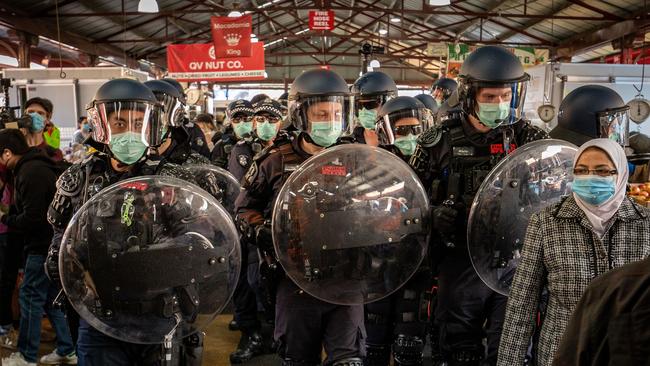
The retiring premier of Victoria played the politics of fear with panache, locking down the state’s 6.5 million citizens until their noses bled and waited for them to thank him.
To describe Andrews as Teflon-coated is to overstate the durability of thermoplastic polymer-layered pans. It also understates Andrews’ mastery of his craft, for he is beyond doubt the most skilful Australian political operator of the modern age.
His decision to step down comes 10 months after he won a second successive landslide win, claiming 56 of the 88 lower house seats against a demoralised and dishevelled conservative opposition.
Andrews’ transition from chief minister in the Westminster tradition to Dictator Dan was straight out of the autocrat playbook. Alfred Hitchcock could have learned a thing or two by tuning in to Andrews’ daily press conferences. “I know this is scary,” Andrews said, announcing the state’s first lockdown, “but if we don’t slow this thing down, we’ll have people waiting in line for machines to help them breathe.”
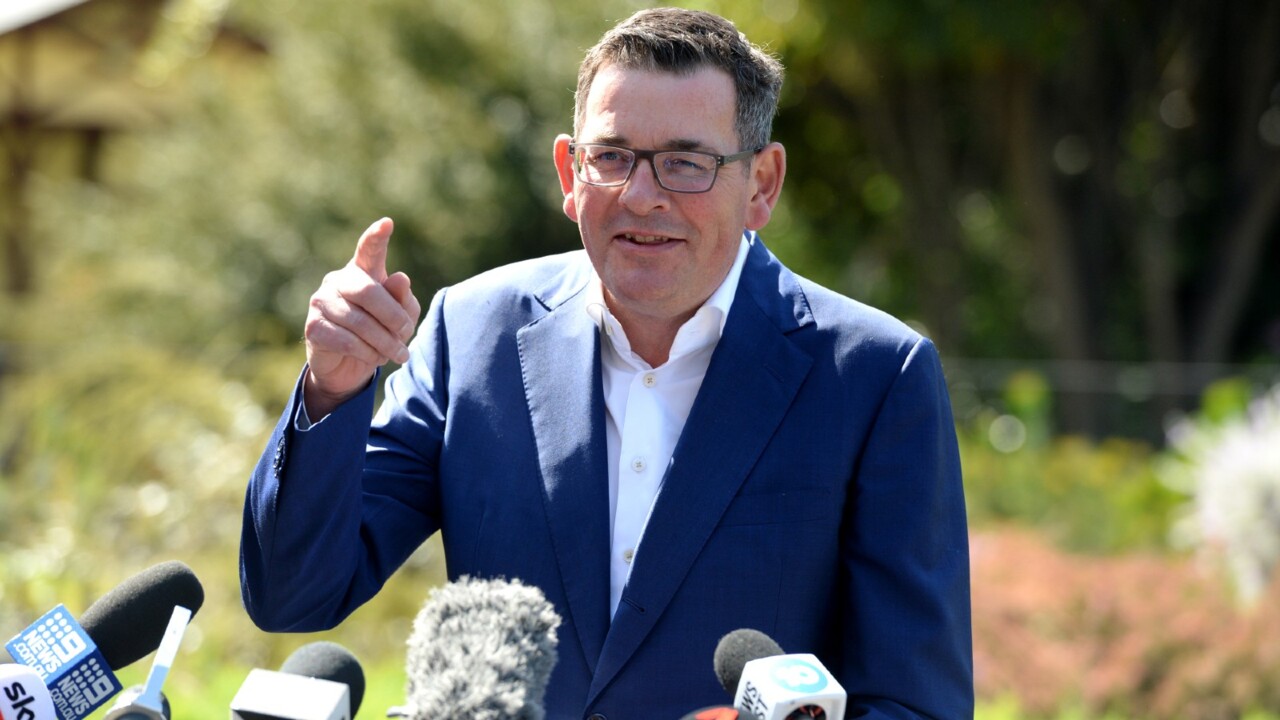
Andrews grabbed a lazily written provision in Victoria’s Public Health and Wellbeing Act to declare a state of emergency in March 2020, saying it would be in place for four weeks. It remained in place for 903 days, allowing Andrews to rule with unchallenged authority.
The police force was transformed overnight from the keepers of law and order to the enforcers of state diktats. While some police officers were to resign in disgust, most merely followed orders, while others appeared to relish the additional power.
With a night curfew in force, police arrested peaceful citizens for crossing the threshold of their property to put out the bins. The incitement to protest became a serious offence and the police resorted to monitoring Facebook, leading to the notorious arrest of a pregnant woman in her pyjamas in her own home.
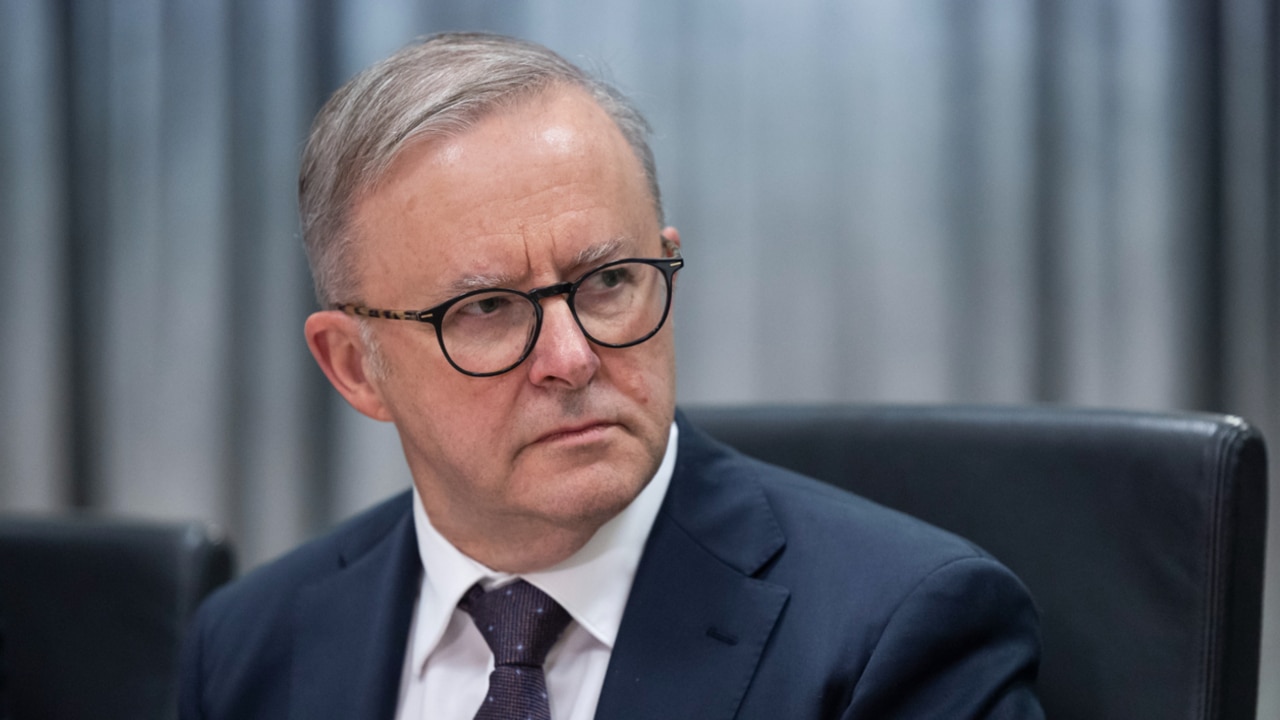
In response to growing protests, police deployed the most potent sub-lethal weaponry in the world, including the PepperBall VKS semiautomatic rifle modelled on the M4 carbine, which was fired at retreating protesters’ backs.
The soundtrack to the TV news was as confronting as the images. The yells and jeers we had heard before but the crack-crack-crack of semiautomatic rifle fire was new to the domestic news.
Andrews’ six lockdowns, totalling 262 days, set the record for the longest in the world. They were more draconian than those in any liberal democracy.
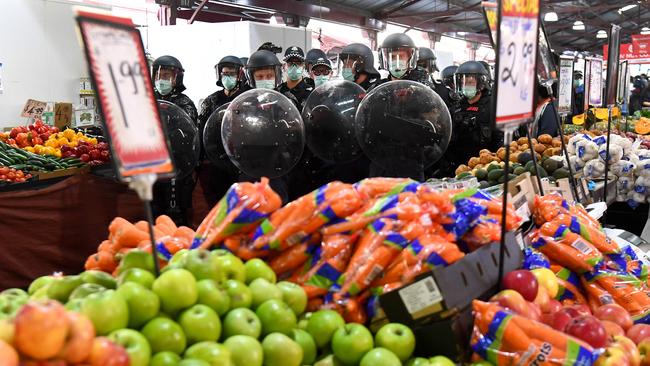
His administration distinguished itself in other ways, too. Victoria has Australia’s largest per capita state debt and the highest per capita number of Covid deaths in Australia, 160 per million residents. The next highest is NSW at 94 per million.
Andrews’ Victoria serves as the crash-test dummy for lockdowns. The results strongly suggest they are expensive and don’t save lives. Since 85 per cent of Victorian Covid deaths occurred since the vaccines arrived, they also may tell us something about the effectiveness of vaccination. Yet these and more important lessons will not be learned if the state and federal governments prevail. Last week, the Labor federal government announced an inquiry into pandemic management. The terms of reference expressly ruled out examination of unilateral actions by premiers such as Andrews.

Andrews understood better than anyone that few voters cared much about debt after a decade and a half of increasing prosperity and low interest rates.
He recognised that younger voters cared even less and that medical science wouldn’t keep the baby boomers alive forever.
His government employed 286 ministerial advisers and media managers independent from the public service, according to data released last year under Freedom of Information. Some 86 of them reported directly to the premier. By comparison, the Prime Minister of Australia has fewer than 60.
His media unit mastered social media, its principal channel of communication. Andrews has a million followers on Facebook and 442,000 followers on X (Twitter).
He straddled the political divide between educated inner-metropolitan elites and suburban and regional Australia better than any of his contemporaries. Labor faces a growing challenge in keeping university-educated electorates out of the hands of the Greens. Andrews secured green-leaning voters by implementing radical, wokeish policies without frightening blue-collar conservatives.
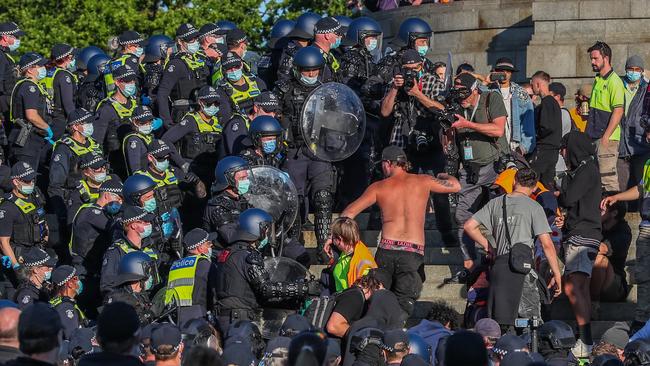
He was the first premier to introduce so-called anti-gay conversion legislation, a Trojan horse for transgender activism of the most insidious kind. Applying the laws of biology when counselling gender-questioning teenagers is a criminal act in Victoria. The state reduced the role of doctors, psychiatrists, priests and parents to rubber stamps. A teenager’s decision to transition is final. A minor still needs the approval of a responsible adult to get a tattoo in Victoria but not to change their gender.
Victoria under Andrews was the first to make euthanasia legal. It has been zealous in the pursuit of renewable energy. The Constitution made drilling for unconventional gas illegal and gas connections to new homes were banned.
Andrews had the intuition to understand that politics was downstream from culture and that Victorians made up the most progressively minded constituency in Australia, as different from Queenslanders and West Australians as Californians were from Texans.
Unlike other progressive-left leaders, however, Andrews retained the common touch. While the state Labor governments in Queensland and Western Australia infuriated recreational fishers with regulations and quotas, Andrews recognised the size and influence of the outdoor recreation vote by dispatching numerous small grants to upgrade boat ramps.

Andrews deserves much credit for weakening and dividing his state’s conservative opposition. His moral authority dragged Victoria’s Liberal Party-Nationals Coalition further to the left. The opposition offered token resistance, at best, to the radical legislation passed under its nose.
The opposition’s deficit of moral courage came to a head in March with the suspension from the party room of Moira Deeming for speaking at an anti-trans rally infiltrated by neo-Nazis. Opposition Leader John Pesutto is fighting a defamation writ issued by Deeming.
Such is the cult of Andrews that the transition of leadership won’t be easy. On top of uncontrolled, rising debt, he leaves behind the stink of withdrawing as the host of the 2026 Commonwealth Games, burdening taxpayers with a $380m cancellation fee.
Conventional political wisdom would tell you that Labor’s third term, which ends in 2026, will be its last for a while. After Andrews, however, the old laws of politics no longer apply. Barring injections of charisma, wit and principle into Labor’s opponents, Andrews’ most important legacy may be turning Victoria into a one-party state.


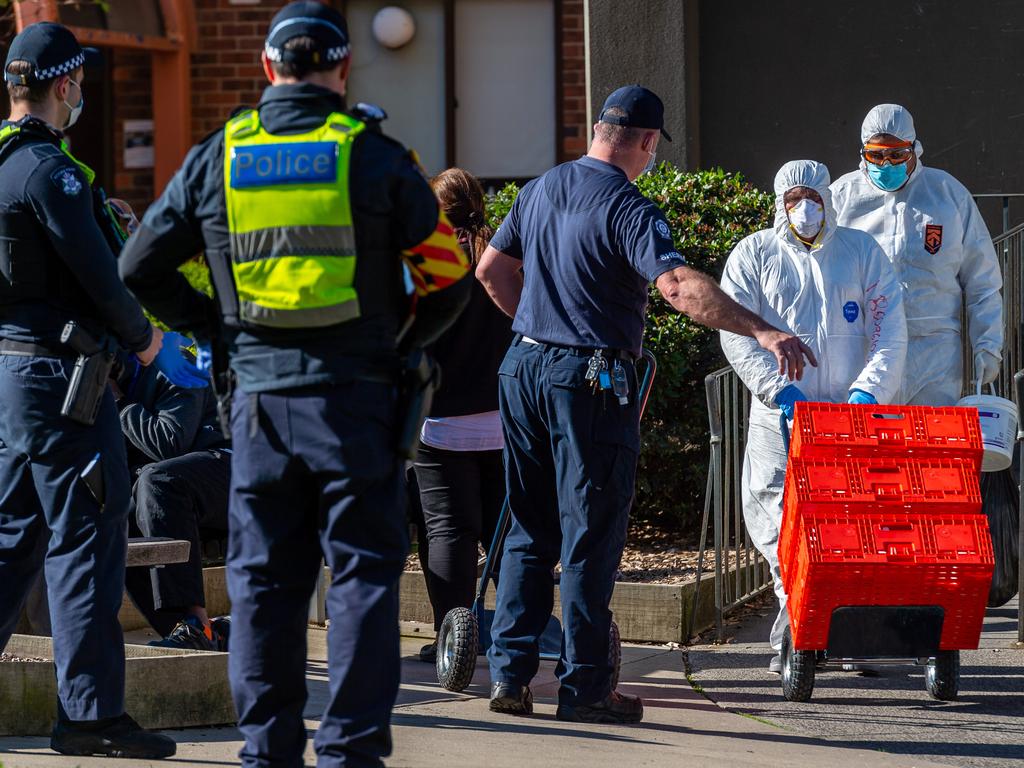

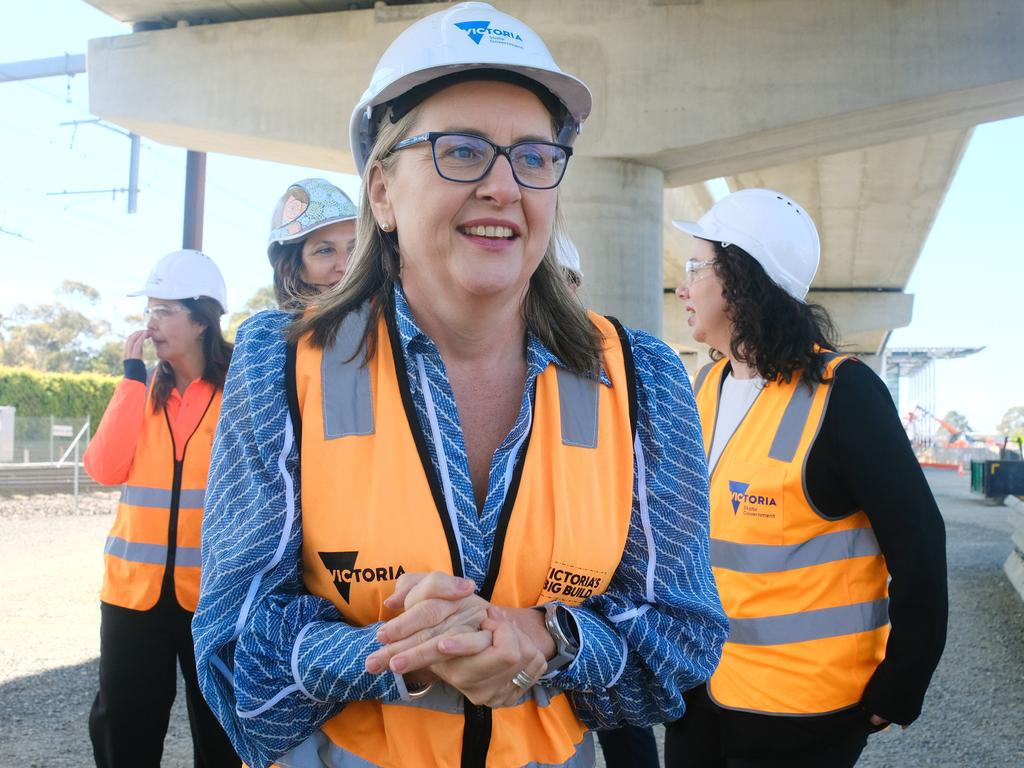



If the boffins in the Wuhan lab engineered Covid-19 to suit a particular kind of leader, Daniel Andrews would have been the one they had in mind.